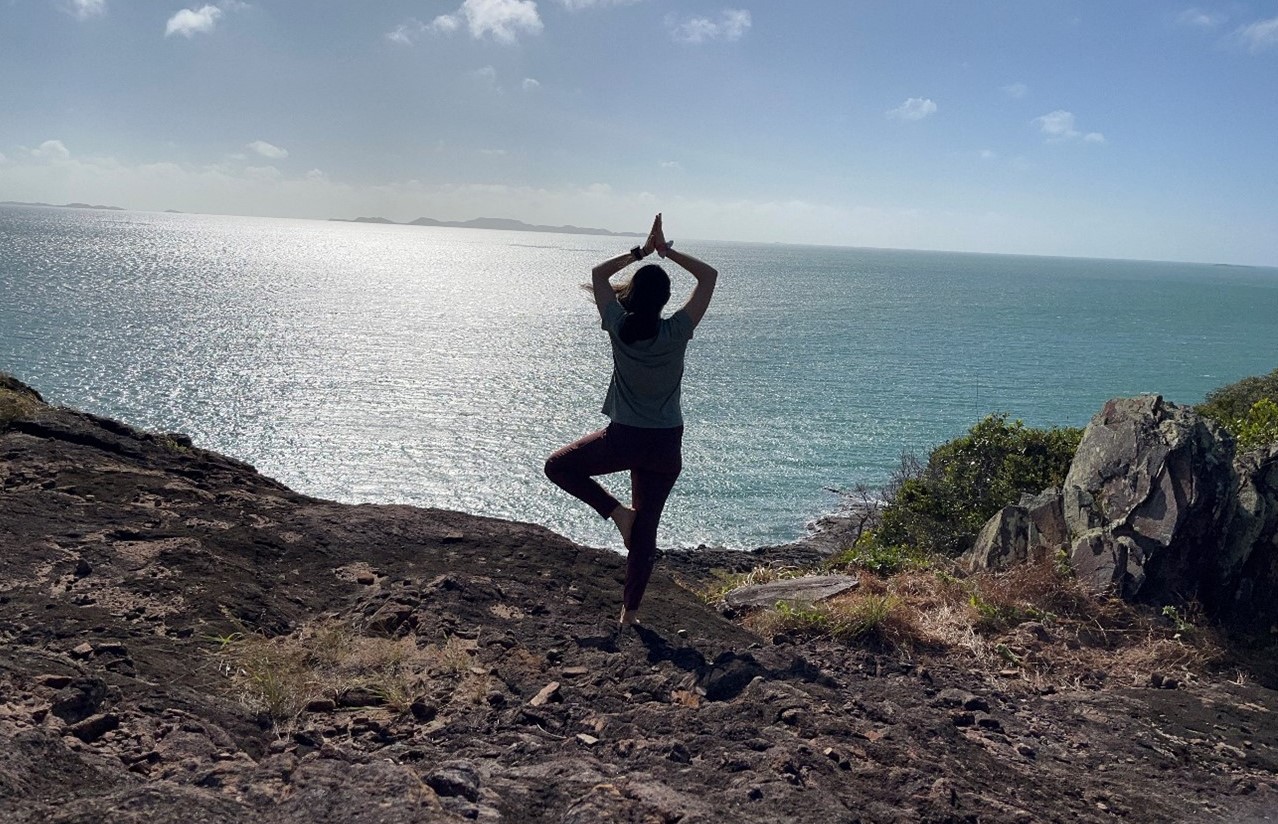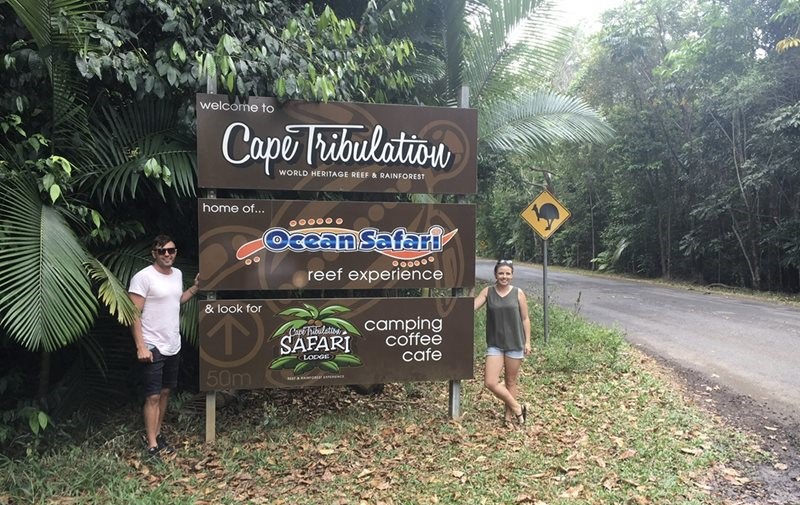There are so many benefits to working as a remote, regional, or rural nurse! You'll have the opportunity to discover the diverse landscapes, communities, and cultures Australia has to offer and be pushed outside your comfort zone. You'll enhance your skills, learn to think differently and build your professional network.
But what's it like to work in regional, rural, or remote areas? And what can you expect from a contract as a remote nurse or midwife? Let us take you on a journey through the different stages of a contract when you work as a nurse in regional, rural, and remote areas of Australia.
Getting to regional, rural or remote areas
Australia is a big place. It's the sixth-largest country in the world covering more than seven million square kilometres. It is also one of the most sparsely populated countries, with 30% of the population deemed as living in a regional, rural, or remote area.Travelling to your contract location is all part of the adventure. Depending on where you are placed, you could experience a scenic flight over some of Australia's most remote and pristine wilderness areas. In some cases, it may take you several days, with a combination of transport modes such as air, rail, shuttle, taxi, or bus. Some nurses may even get the opportunity to drive to their contracted location.
A remote area nurse will often arrive by plane in a larger town, where a designated driver will meet and transfer you by road to your local community. Or you may transfer to a smaller plane for the final leg of your journey.
You will generally arrive in your contracted local community the day before your first rostered shift. This will allow you to check into your accommodation, pick up some groceries for the week and familiarise yourself with your new surroundings.
Judy has been a rural and remote area nurse with Alliance Rural & Remote Health (previously CQ Nurse) for many years, she recommends being prepared with supplies for your first night, in the event you are delayed arriving at your destination.
"I always take something to cook for my first night, in case logistically, you have not been able to go shopping."
– Judy, Remote Area Nurse
If working in a regional or rural facility, you would have received your first week's roster from Alliance Rural & Remote Health before arrival. However, you will be required to check in with your facility on arrival to receive the keys to your accommodation, confirm there have been no changes to the roster, and obtain any additional information required ahead of your first shift.
Down to work
The first day of your contract will likely be an orientation shift, where you will be shown around the facility and educated on specific processes and procedures. Every state, territory and location will have different policies and possibly different documentation systems and requirements, so you need to keep track of what's required and ask questions until you are clear. You will receive an orientation checklist from Alliance Rural & Remote Health that will prompt you for information to source during your orientation, enabling you to do your job successfully."Be self-sufficient. Don't scrimp on your checks, know your equipment and procedures. If you aren't happy with something, communicate until you have reached a compromise".
– Judy, Remote Area Nurse.
If you are working in a remote area clinic, you may be taking over from another nurse, and you'll receive a handover from them.
A typical rostered day in a remote clinic will usually begin with a staff meeting before your shift. This is followed by you going about your allocated portfolio, lunch, and then following up on any recalls. Things change often depending on what's happening at the time, so be prepared to be adaptable and go with the flow.
Some nurses will be required to work on-call hours as part of their contract. This is generally more relevant for contracts at Primary Health Clinics but does occur in some rural facilities or for some specialist roles. If your contract includes on-call work, you may be called out in after-hours periods. In remote areas, you will work with a second responder to assess the patient.
It's important to come with an open mind and the ability to be flexible. Most days will be different, and there will be a lot of things you won't see in a city or metropolitan hospital or clinic environment. It's a unique experience you won't ever forget!
Rostered time off
As part of your contracted working week, you will have rostered days off. This is where most nurses take the opportunity to sightsee and really get to know the locals and communities, they are living in. Or of course, catch up on some much-needed sleep when coming off a nightshift, or after-hours call-outs!Many nurses sign up to not only step out of their comfort zone but to travel, see Australia and learn about our country's history and Indigenous culture.
Nurses are encouraged to talk to locals, understand their traditions and ingrain themselves in their communities. Most nurses say they find themselves fascinated when talking to people in the Indigenous communities, particularly the older generation about their lives, customs, and ancient beliefs.
Remote area nurse Barb has worked in many communities across Australia and says they are all unique in their own way. Some are basic, while others offer many things from pools to clubs and recreational activities.
"When I work in Central [Australia], I enjoy bird watching, from huge Wedge-tailed Eagles to the tiniest Finches. When I work in the Top End, I've enjoyed fishing and walking along the beaches. Some communities have waterholes you can walk to which attract an amazing variety of wildlife. I don't like flies though, and there can be lots of those too!"
– Barb, Remote Area Nurse
Challenges of regional, rural and remote nursing
Many factors contribute to the health challenges that regional, rural, and remote populations face due to their geographic location or isolation.At times you will also feel the challenges that come with working in these isolated and rural locations. Remote communities can sometimes be lonely places and being away from family and friends can be difficult.
Our nurses and midwives recommend you bring plenty of things to keep you occupied, such as downloaded movies and books. And ensure you have systems in place to stay connected with family and friends.
Small challenges arise from time to time, but one of the most significant challenges our nurses reported back is the lack of good coffee! The food and supplies you can purchase in rural areas can sometimes be limited and basic depending on your location, so if you're a coffee-lover, be sure to bring your own!
Time to say goodbye
At the end of your nursing contract, you will be required to clean your accommodation, and if you're working remotely, hand over your portfolio to another nurse if they are taking over from you.Once packed up, you will travel home or onto your next destination, taking with you a range of new experiences, friendships, and stories.
As a regional, rural or remote nurse, you will be privileged to see parts of Australia that many have yet to see, or may never have the opportunity to see. You will meet some amazing people and create memories to last a lifetime.
"As a lover of this wonderful, big country, I have combined nursing with exploring and adventure, making rural and remote nursing the best thing I've ever done."
– Barb, Remote Area Nurse
Register now to work as a regional, rural and remote nurse
Nursing contracts average from four weeks to twelve weeks in a range of facilities including hospitals, primary care settings and aged care.Register online now to book a chat with our recruitment team today.
Register for work


